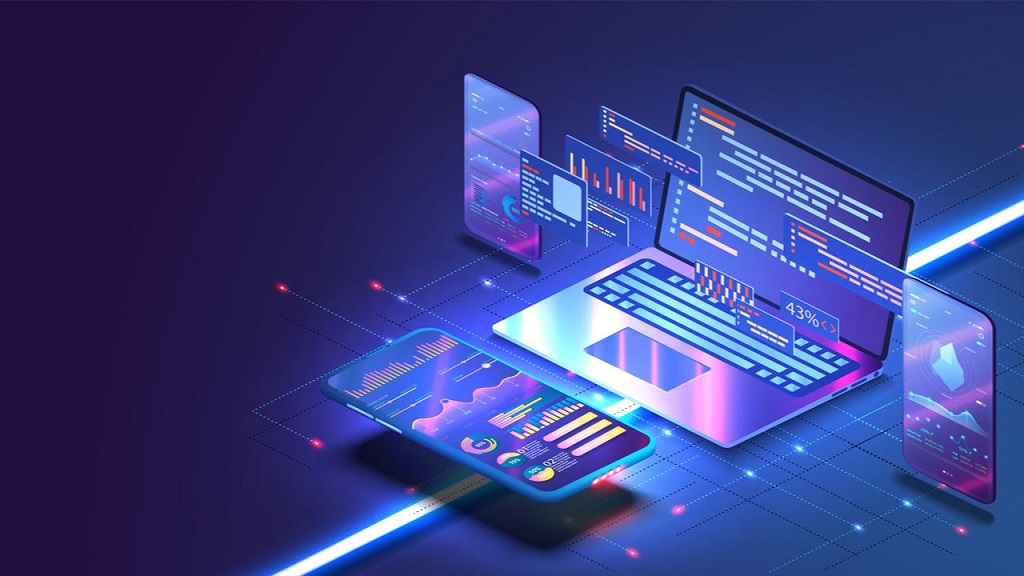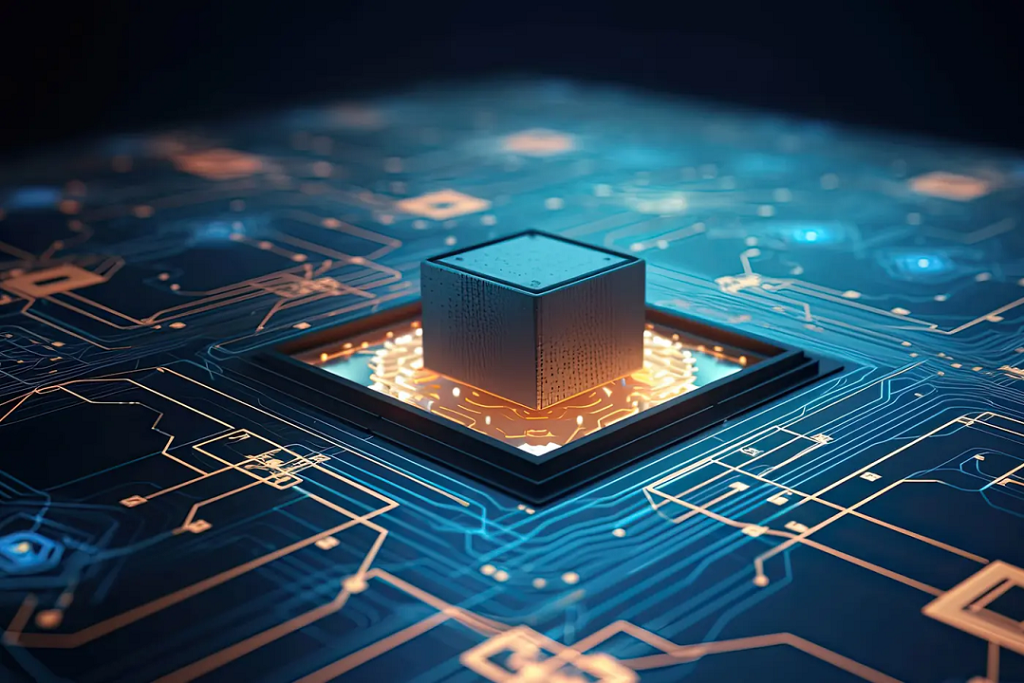The pace of technological advancement is relentless, with innovations constantly emerging and reshaping the world around us. These emerging technologies hold immense potential to revolutionize various industries, from healthcare and manufacturing to transportation and entertainment. This guide explores some of the most promising emerging technologies and their potential impact across different sectors.
Artificial Intelligence (AI): The Engine of Transformation
AI, the ability of machines to mimic human cognitive functions, is already having a profound impact on numerous industries. Here are some ways AI is transforming different sectors:
- Healthcare: AI-powered diagnostics can analyze medical images with greater accuracy than humans, aiding in early disease detection and personalized treatment plans. AI-powered chatbots offer 24/7 virtual assistance to patients and can even assist doctors in surgeries.
- Manufacturing: AI-driven robots can perform complex tasks on assembly lines with increased efficiency and precision. Machine learning algorithms can optimize production processes, minimize waste, and predict potential equipment failures.
- Finance: AI-powered algorithms can analyze financial data to identify fraudulent activity, personalize investment recommendations, and automate financial risk management processes.
- Retail: AI-powered chatbots provide personalized customer service recommendations, while algorithms analyze customer behavior to optimize product placement and predict demand.
The Rise of Robotics: From Assembly Lines to Companions
Robots are no longer confined to science fiction. Advanced robotics is transforming industries and offering new possibilities:
- Logistics and Warehousing: Automated robots can navigate warehouses, pick and pack orders, and significantly improve efficiency in the supply chain.
- Agriculture: Agricultural robots can automate tasks like crop planting, harvesting, and weeding, reducing reliance on manual labor and increasing efficiency in food production.
- Elder Care: Robots can assist elderly individuals with daily tasks like medication reminders and mobility assistance, promoting independent living.
The Power of the Internet of Things (IoT): Connecting Everything
The Internet of Things (IoT) refers to the vast network of interconnected physical devices collecting and sharing data. The IoT is changing how we interact with the world around us:
- Smart Cities: IoT-enabled sensors can monitor traffic flow, optimize energy consumption in buildings, and improve public safety through real-time data collection.
- Connected Homes: Smart home devices like thermostats, lights, and appliances can be controlled remotely using smartphones, creating a more convenient and energy-efficient living environment.
- Wearable Technology: Smartwatches and fitness trackers track our health data, providing insights into our sleep patterns, heart rate, and overall well-being.
The Age of Bioprinting: Revolutionizing Medicine
Bioprinting, the 3D printing of living tissues and organs, has the potential to revolutionize the medical field:
- Personalized Medicine: Bioprinting could allow for the creation of customized tissues or organs compatible with individual patients, reducing the need for organ transplantation.
- Drug Testing: Bioprinted tissues could be used for drug testing, offering a more accurate and ethical alternative to animal testing.
- Regenerative Medicine: Bioprinting could be used to create replacement tissues or organs for patients suffering from organ failure or injuries.
The Quantum Leap: Unlocking the Power of Quantum Computing
Quantum computing utilizes the principles of quantum mechanics to perform calculations far beyond the capabilities of traditional computers. This technology holds promise for various industries:
- Materials Science: Quantum computing could accelerate the development of new materials with specific properties, leading to breakthroughs in fields like energy storage and battery technology.
- Financial Modeling: Quantum computing could be used to develop more accurate financial models and assess complex risks in the financial sector.
- Drug Discovery: Quantum computers could be used to simulate complex molecular interactions, leading to the development of new drugs and therapies.
Navigating the Future: Ethical Considerations and Societal Impact
While emerging technologies offer immense potential, it’s crucial to consider the ethical implications and potential societal impacts:
- Job displacement: Automation through AI and robotics could lead to job losses in certain sectors, necessitating workforce retraining programs.
- Data privacy: The vast amount of data collected through the IoT raises concerns about data privacy and security. Robust regulations are needed to protect individual privacy.
- Algorithmic bias: AI algorithms are only as good as the data they are trained on. Bias in training data can lead to discriminatory outcomes.
Related: Can I Use a Toothpick to Clean My Charging Port?
Conclusion: A Collaborative Future
Emerging technologies are shaping the future at an unprecedented pace. By embracing these advancements responsibly and addressing potential challenges, we can create a future where technology complements and enhances human capabilities across various industries. This requires collaboration between researchers, developers, businesses, and policymakers to ensure that technological advancements benefit all of society. The future is bright, and the journey towards a better tomorrow has already begun.





